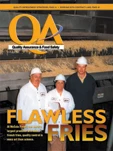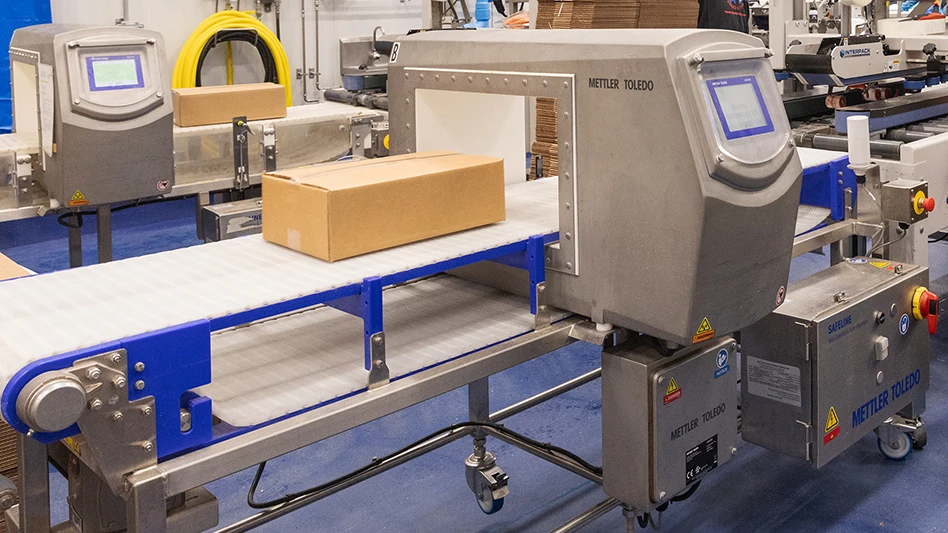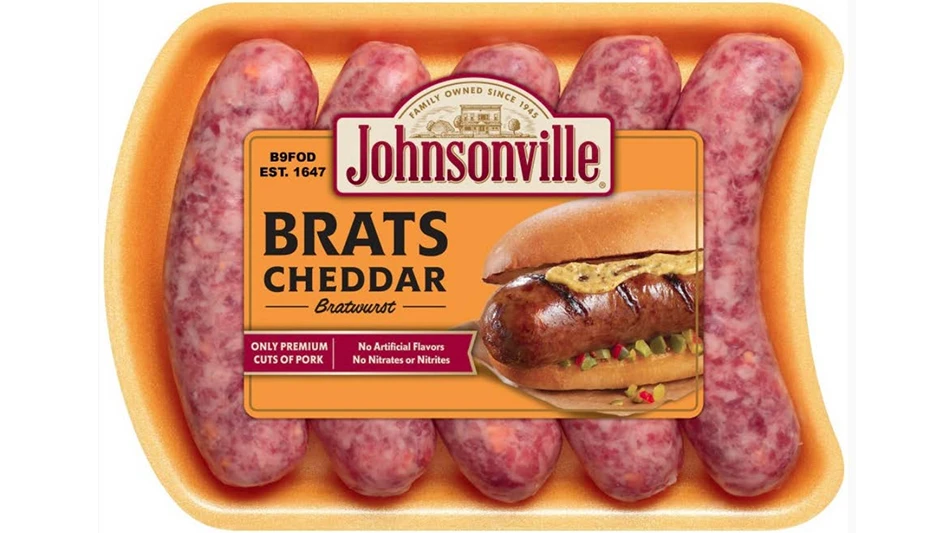Food Safety Requires Vigilance
The recent E. coli outbreak that has garnered headlines across the country implicating fresh spinach reinforces the fact that farmers, food processors, and others all along the food chain need to remain constantly vigilant in their food safety and security efforts. To do anything less is to put both your company and the public at risk.
At press time of this most recent episode, more than 170 cases of E. coli infection resulting in 88 hospitalizations and one death were reported by the Centers for Disease Control and Prevention (CDC). The incidence of infection was spread over 25 states and has prompted voluntary recalls of spinach products processed by a number of California suppliers.
The majority of the reported illnesses occurred in late August and early September. Since that time, the Food & Drug Administration (FDA) has aggressively managed the outbreak, "fingerprinting" the strain of E. coli implicated in the ever-expanding story as part of its PulseNet initiative, a national network of public health and food regulatory agency laboratories coordinated by the CDC.
Unfortunately, this is not a new problem. According to a Q&A document distributed by the U.S. Food & Drug Administration on Sept. 16, 2006, "Since 1995, there have been 19 outbreaks of foodborne illness caused by E. coli 0157:H7 for which lettuce or leafy greens were implicated as the outbreak vehicle. Although tracebacks to growers were not conducted (or ‘not conclusive’) in all of the outbreak investigations, a majority of the outbreaks, including the recent outbreak in September of 2005, traced product back to California, many of which were from the Salinas Valley, though not exclusively."
Some speculate contaminated irrigation water, which has been a concern in the past, could be the source of the outbreak. In fact, past contamination problems in this major produce-growing area of California prompted the FDA’s leading food safety official, Robert Brackett, to warn California farmers in a letter dated Nov. 4, 2005 that, "In light of continuing outbreaks, it is clear that more needs to be done."
Similar language was used nearly two years before (Feb. 5, 2004) by Dr. Terry Troxell, director, Office of Plant and Dairy Foods and Beverages, Center for Food Safety and Applied Nutrition, FDA, when he wrote a letter to firms that grow, pack or ship fresh lettuce, stating, "In view of continuing outbreaks associated with fresh lettuce and fresh tomatoes, we strongly encourage firms in your industries to review their current operations in light of the agency’s guidance for minimizing microbial food safety hazards in fresh lettuce and fresh tomatoes, as well as other available information regarding pathogen reduction or elimination in fresh produce. We further encourage these firms to consider modifying operations accordingly, to ensure that they are taking the appropriate measures to provide a safe product to the consumer. Since the available information concerning some of the recent outbreaks does not definitively identify the point of origin of the contamination, we recommend that firms from the farm level through the distribution level undertake these steps."
These cautionary words are as true today as they were in 2004, when the letter was distributed. QA

Explore the October 2006 Issue
Check out more from this issue and find your next story to read.
Latest from Quality Assurance & Food Safety
- Leaked White House Budget Draft Proposes Shifting Inspection Responsibilities from FDA to States
- Chlorine Dioxide: Reset the Pathogenic Environment
- Ferrero Group Invests $445 Million in Ontario Production Facility
- Nelson-Jameson Announces Grand Opening for Pennsylvania Distribution Center
- Taylor Farms Linked to Romaine E. coli Outbreak as Marler Clark Files Multiple Lawsuits Against Supplier
- IAFNS Announces Winners of Emerging Leader Awards for Food Safety, Nutrition
- FDA Shares Testing Results for PFAS in Bottled Water
- Provision Analytics Adds Food Safety Expert Jennifer Williams to Strategic Advisory Group





